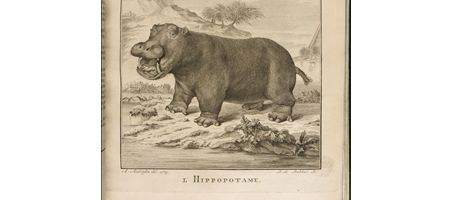Google’s persuaded the British Library to give it access to a quarter of a million out-of-copyright books for its Google Books digital library project.

The effort will involve scanning as many as 40 million pages from books published between 1700 and 1870, from the French Revolution to the end of slavery.
It will include material in several major European languages, and will focus on books that aren’t yet freely available online.
“Academics are increasingly using new technologies at their disposal to search for innovative ways of investigating historical material to enable us to probe new questions and find alternative patterns of investigation,” says Professor Colin Jones, president of the Royal Historical Society and professor of history at Queen Mary, University of London.
“Digitisation gives us the freedom to not only do this quickly and remotely, but also enhances the quality and depth of the original.”
Among the fist batch of books are feminist pamphlets about Queen Marie-Antoinette, a description of the first combustion engine-driven submarine (1858), and an account of a stuffed hippopotamus owned by the Prince of Orange.
Once digitised, they’ll be available for full text search, download and reading through Google Books or the library’s website.
“In the nineteenth century it was an ambition of our predecessors to give everybody access to as much of the world’s information as possible, to ensure that knowledge was not restricted to those who could afford private libraries,” says British Library chief executive Dame Lynne Brindley.
“The way of doing it then was to buy books from the entire world and to make them available in Reading Rooms. We are delighted to be partnering with Google on this project and through this partnership believe that we are building on this proud tradition of giving access to anyone, anywhere and at any time.”






